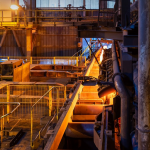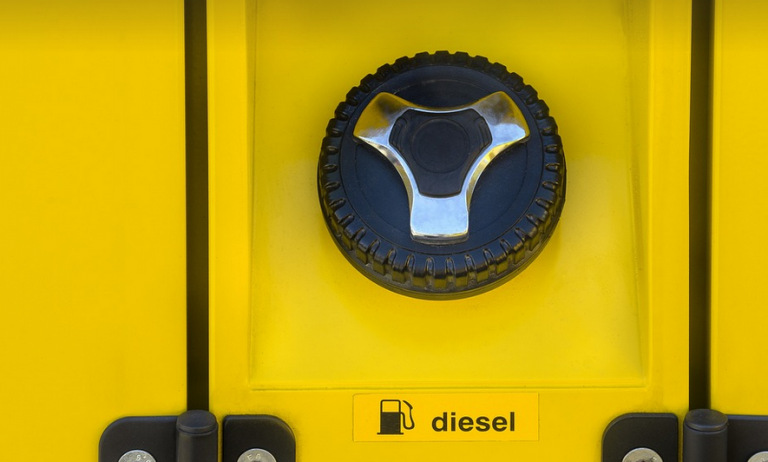A Growing Green Economy
Uganda, a land of lush landscapes and diverse wildlife, is also witnessing a significant green transformation. The rising awareness about environmental conservation has fueled the growth of recycling companies across the country. These businesses play an integral role in turning waste—often seen as a nuisance—into valuable resources, contributing to both economic growth and sustainability.
The recycling industry in Uganda is still in its nascent stage but steadily gaining momentum. With dedicated individuals, innovative technologies, and supportive government initiatives, the sector is expected to expand significantly in the coming years. From metals and paper to plastic waste, a wide range of materials are being recycled to create new products, reducing landfill burdens and promoting circularity.
Recycling companies in Uganda cater to diverse sectors, including: manufacturing, construction, agriculture, and even energy production. They provide essential services like collection, sorting, processing, and recycling of various waste streams.
The Types of Recycling Companies in Uganda
As with any industry, the landscape of recycling companies is multifaceted. Several types have emerged, each tackling specific waste streams or offering specialized services:
- Waste Collectors and Sorting Facilities: These companies are often the first point of contact for those wanting to recycle. They work closely with individuals and businesses, picking up their bulk waste and sorting it into different categories.
- Material Recovery Facilities (MRFs):
- Recycling Industries**: These businesses have a broader focus. They transform recycled materials into new products, ranging from furniture and building materials to consumer goods.
- Composting Companies
These facilities specialize in processing various materials like plastic, paper, metals, and glass. They utilize advanced machinery to sort, clean, and prepare these materials for further use. MRFs contribute significantly to the production of raw materials used in manufacturing new products.
These companies play a key role in breaking down organic waste, producing nutrient-rich compost that is vital for agriculture and other applications. This sustainable approach reduces the amount of waste going to landfills while enriching soil quality.
Why Choose Recycling Companies?
Choosing a recycling company can make the most significant difference in your environmental footprint:
1. **Environmentally Responsible:** By choosing to recycle, you’re contributing to reducing pollution and protecting the environment from the harmful effects of landfills.
2. **Economic Benefits:** Recycling not just promotes sustainability but also boosts local economies by creating jobs, generating income, and supporting the growth of various businesses.
3. **Social Impact:** Recycling companies often contribute to community development projects, empowering individuals through job creation and fostering a sense of ownership over their environment.
Factors to Consider When Choosing a Recycling Company
Finding the right recycling company is crucial for a successful environmental experience. Here’s what to consider:
- Waste Stream:** Ensure the company specializes in handling your specific waste type (metals, plastics, paper, etc.).
- Location and Accessibility: Choose a company with convenient drop-off or pickup locations.
- Reputation and Transparency**: Opt for companies known for their ethical practices, clear communication about processes, and commitment to environmental standards.
- Certifications and Compliance**: Look for companies that adhere to recognized industry standards and certifications, guaranteeing the quality of their recycling services.
Embrace Sustainability in Uganda: The Future is Green
The growing recycling industry in Uganda holds immense promise for a sustainable future. With increased awareness, supportive policies, and innovative solutions, we’re witnessing a positive shift. By harnessing the power of recycling, Uganda can pave the way towards a greener economy and leave behind a legacy of environmental stewardship for generations to come.




















